
- Article
- Article
Good animals, bad humans?
Could an animal be more evolved than a human? Victorian psychologists thought that in some cases the answer could be ‘yes’.

- Article
- Article
The unearthly children of science fiction’s Cold War
In the 1950s a new figure emerged in British novels, film and television: a disturbing young alien that revealed postwar society’s fear of the unruly power of teenagers.

- Article
- Article
On nature cures and taking the waters
When chilly outdoor swims began to chip away at her depression, Jessica J Lee was drawn to a closer study of the complex natural world around her.

- Article
- Article
Finding out where my lithium comes from
The origins of the lithium Laura Grace Simpkins swallows daily are unclear. If we don’t know the provenance of our pills, how can we make informed decisions about them?

- Article
- Article
The unimprovable white cane
Recent technological additions to the white cane aim to make the world easier for visually impaired people to navigate. Alex Lee explores whether new is really better.

- Article
- Article
Finding solidarity in arachnophobia
Arachnophobia is very different from just disliking spiders. Izzie Price shares the reality of having the phobia, and explores its likely origins.
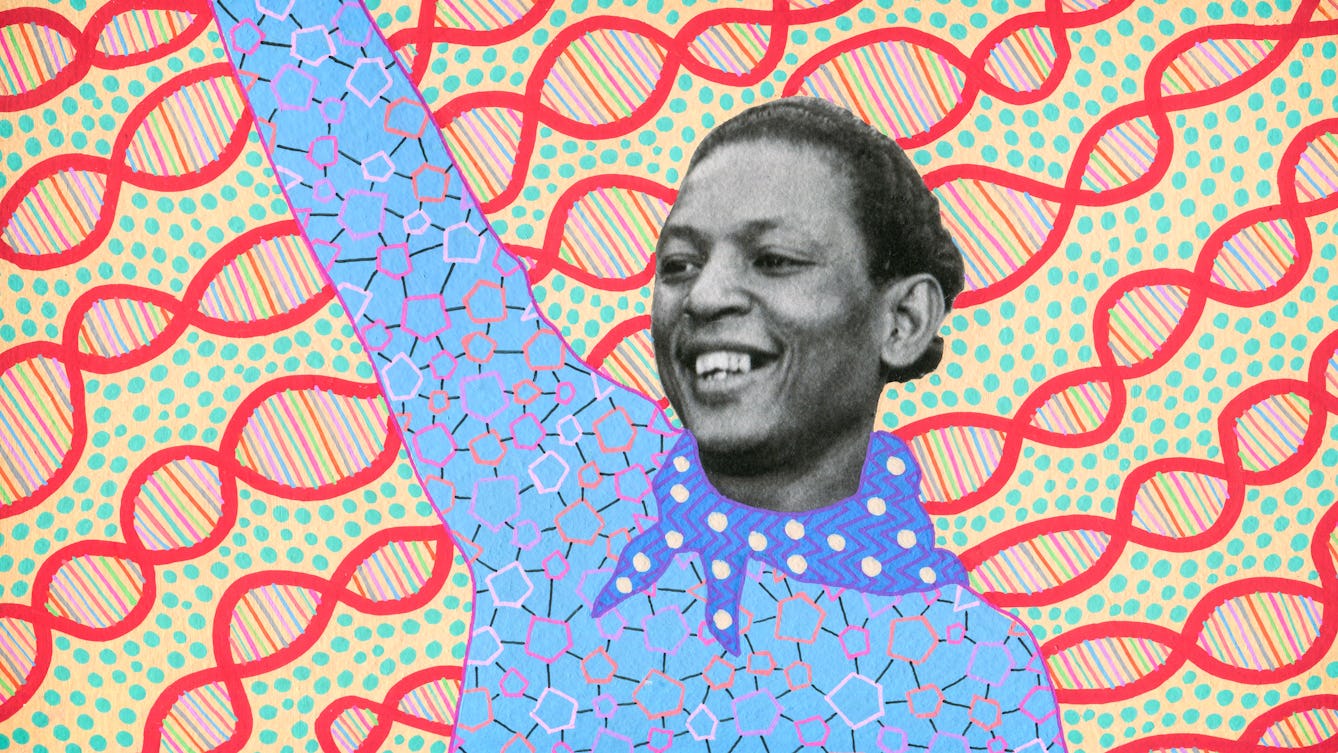
- Article
- Article
Ancestry, privacy and the family tree
Wanting to find out more about her Jamaican grandfather, Tanya Perdikou contemplates DNA testing. But first she has to consider the potential impact of unexpected results.

- Book extract
- Book extract
“It wasn’t an accident that I came to you”
Douglas meets psychoanalyst Susie Orbach for a follow-up session, ahead of delivering a difficult verdict.

- Article
- Article
Illness and the influence of the stars
Could alien germs from space have caused major pandemics across the world? Taras Young investigates the ideas of a few unconventional scientists who believe this to be the case.
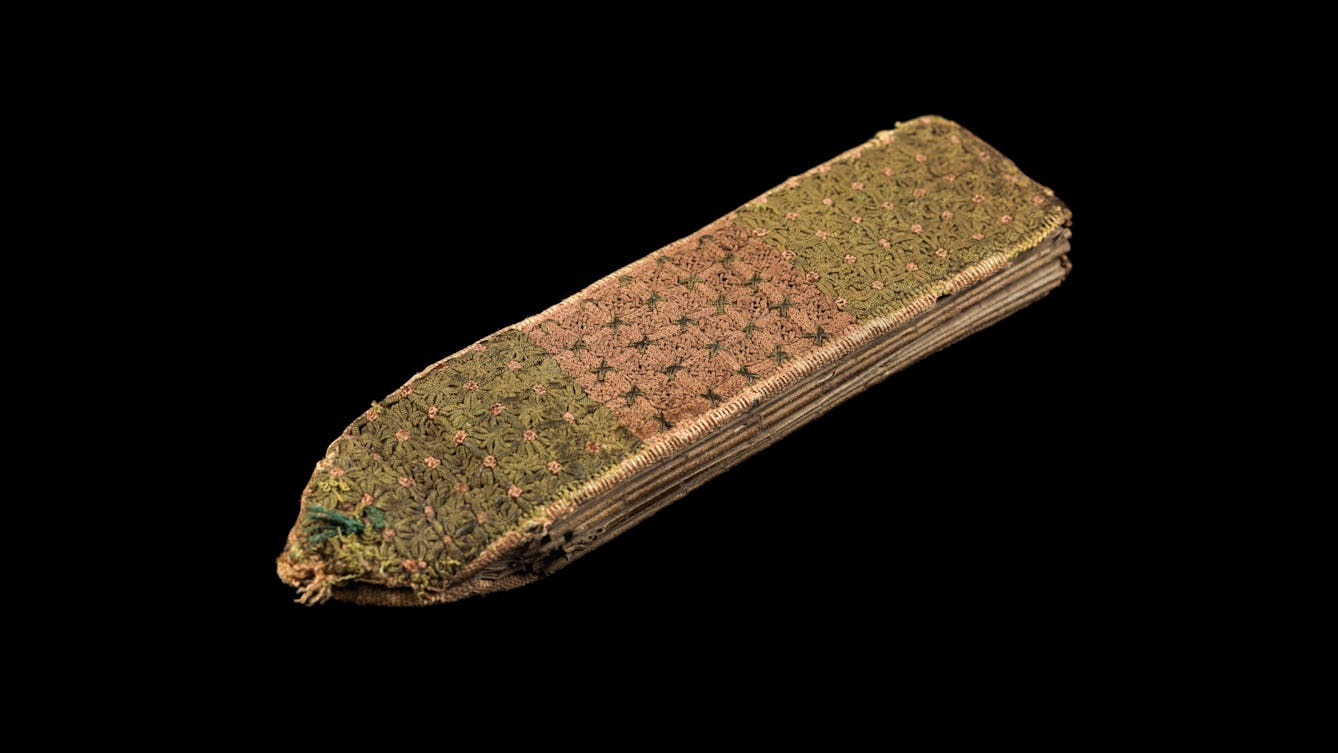
- Article
- Article
The enigma of the medieval folding almanac
With its combination of rich, portable data and high-end style, this folding almanac could have been the medieval equivalent of the latest iPhone.

- Article
- Article
The big freeze
In recent years we’ve come to realise that global heating is our biggest threat. But it’s hard to shake off the fear of a return to ice-age conditions, the predominant narrative since the late 17th century.

- Article
- Article
Why zombies can’t help coming back
Although it might appear that zombies are a 20th-century phenomenon, created for the horror-movie industry, they’ve actually been around since medieval times. Find out what zombies like to do, and how to get rid of them.
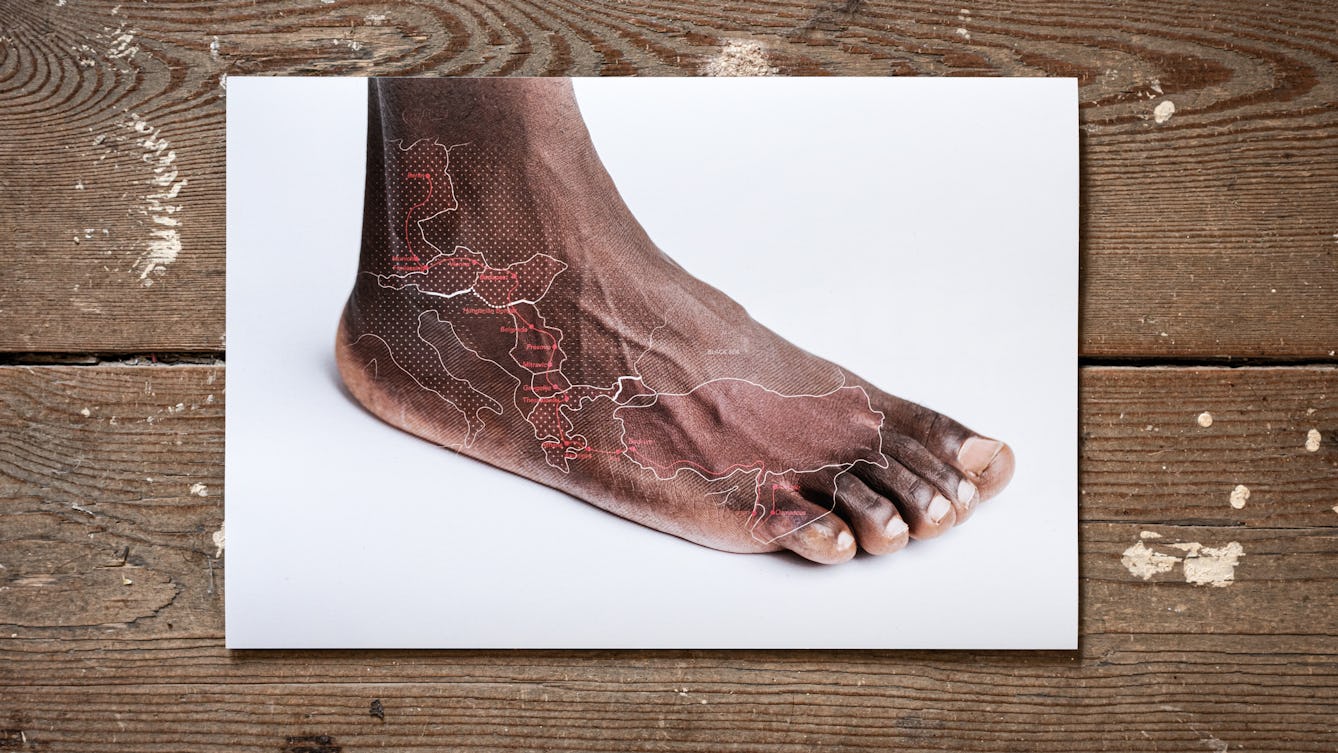
- Article
- Article
When wounds replace words
For the many thousands of refugees waiting in Greece, the process to establish the truth of their tragic personal histories is often extremely upsetting. But a group of medics and legal workers is working together to make the system more humane.
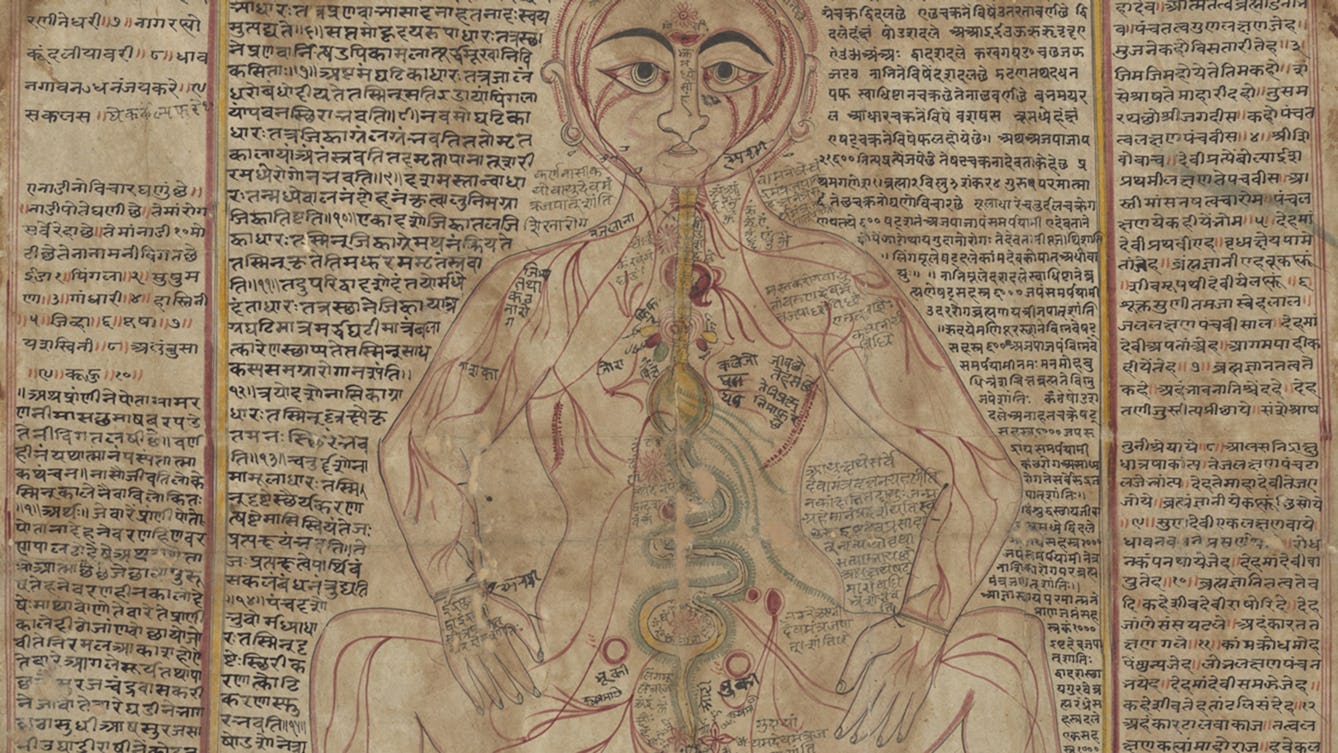
- Article
- Article
Mapping the body
These intricate anatomical drawings show how Ayurveda practitioners have explored the human body and how it works.

- Article
- Article
Restoring disorder to ‘The Book of Disquiet’
Printer Tim Hopkins explains what making an extraordinary new edition of Fernando Pessoa’s book revealed about both the text and the mind.

- Article
- Article
Why gene editing can never eliminate disability
In a world where DNA testing and gene editing offer ways to eliminate certain disabilities, Jaipreet Virdi explores a more accepting and inclusive approach.

- Article
- Article
Nymphomania and hypersexuality in women and men
The history of nymphomania is closely bound with society's views on women and their sexuality.

- Article
- Article
In search of the ‘nature cure’
Under the competing pressures of modern life, many of us succumb to mental ill health. Samantha Walton explores why so-called ‘nature cures’ don’t help, and how the living world can actually help us.
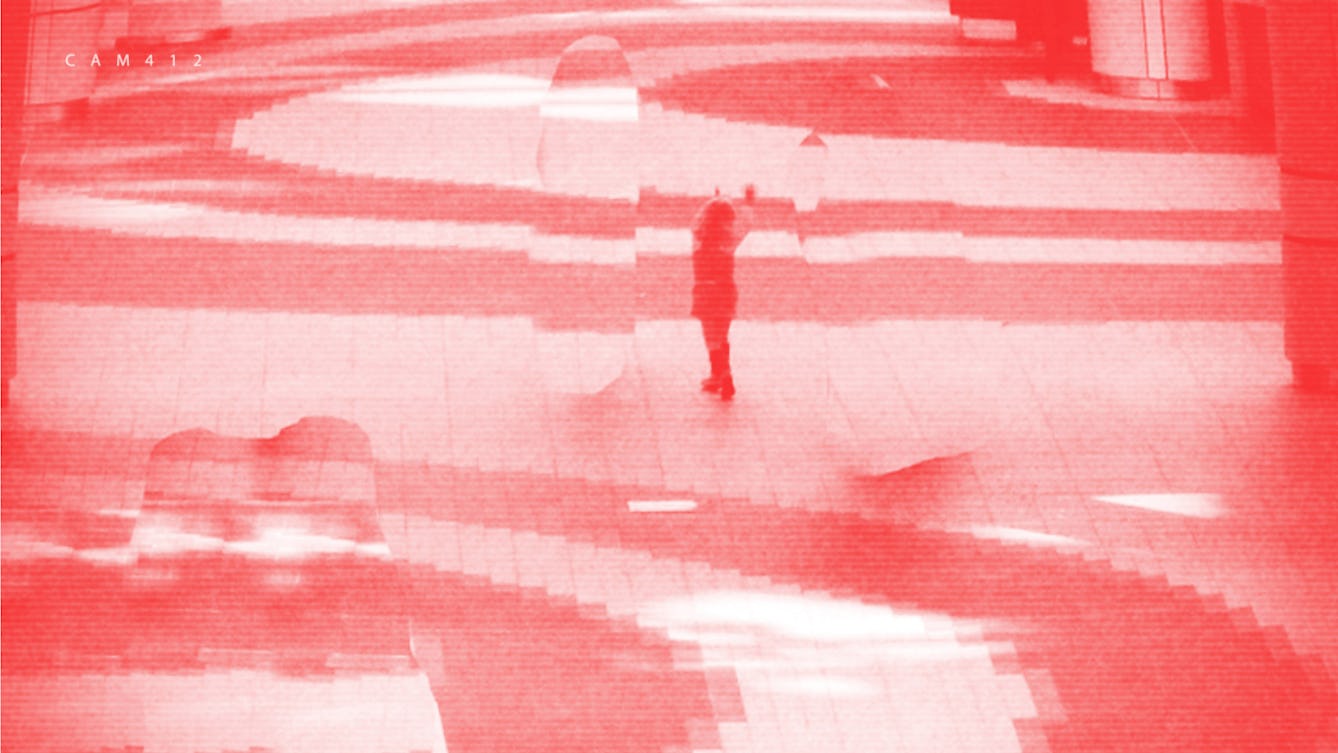
- Article
- Article
Lost in the mall and other false memories
How can you remember an event that never took place? Find out how manipulation, misinformation and coercion can plant false memories in your mind.
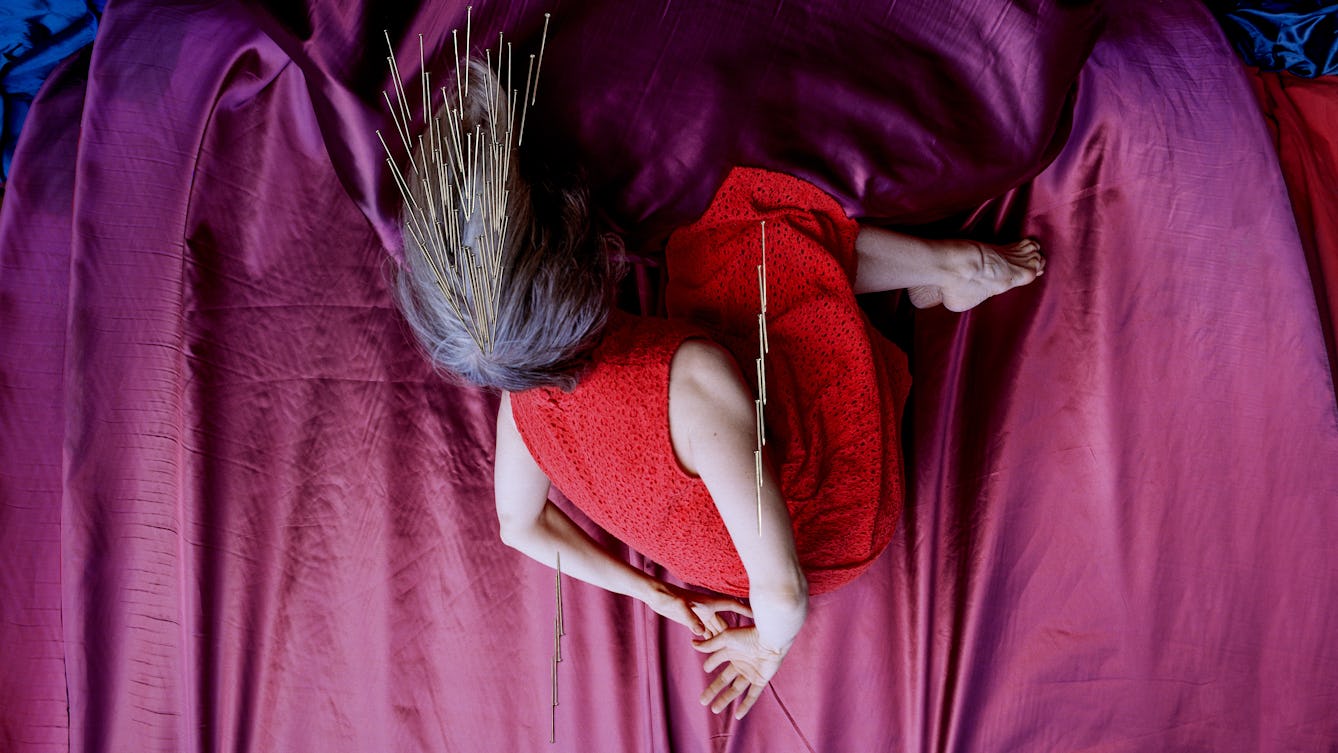
- Article
- Article
Are people born violent?
Laura Bui explores how the nature vs nurture debate applies to those who commit homicide.

- Book extract
- Book extract
The psychology of Ouija
Explore the science behind table tilting and Ouija boards, and discover how the unscrupulous still make money from exploiting the ‘ideomotor’ effect.

- Long read
- Long read
The ambivalence of air
Daisy Lafarge investigates the effects of air quality and pressure on body and mind, exploring air as cure, but one with contradictions.
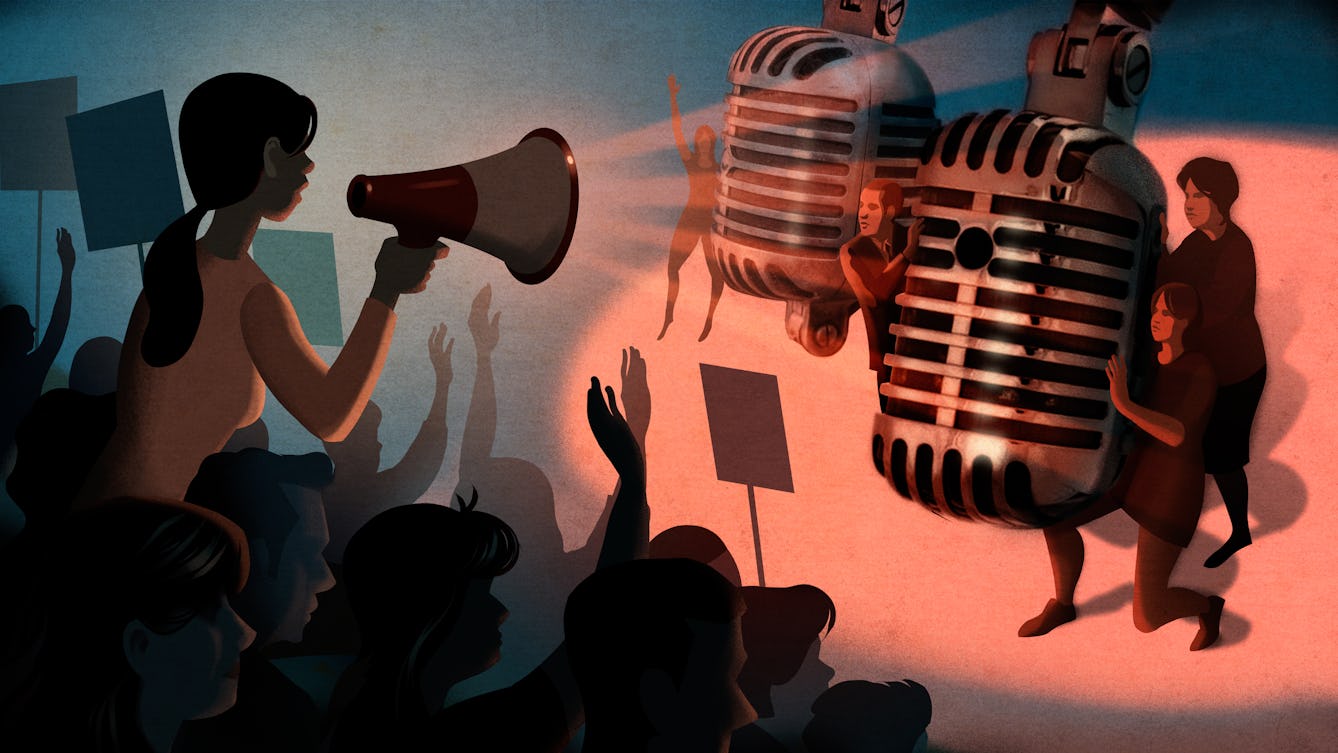
- Article
- Article
Fighting shame by speaking out
Lucia Osborne-Crowley’s first instinct after being raped was to cover it up. Shame silenced her for ten years, but #MeToo gave her the courage to speak out.
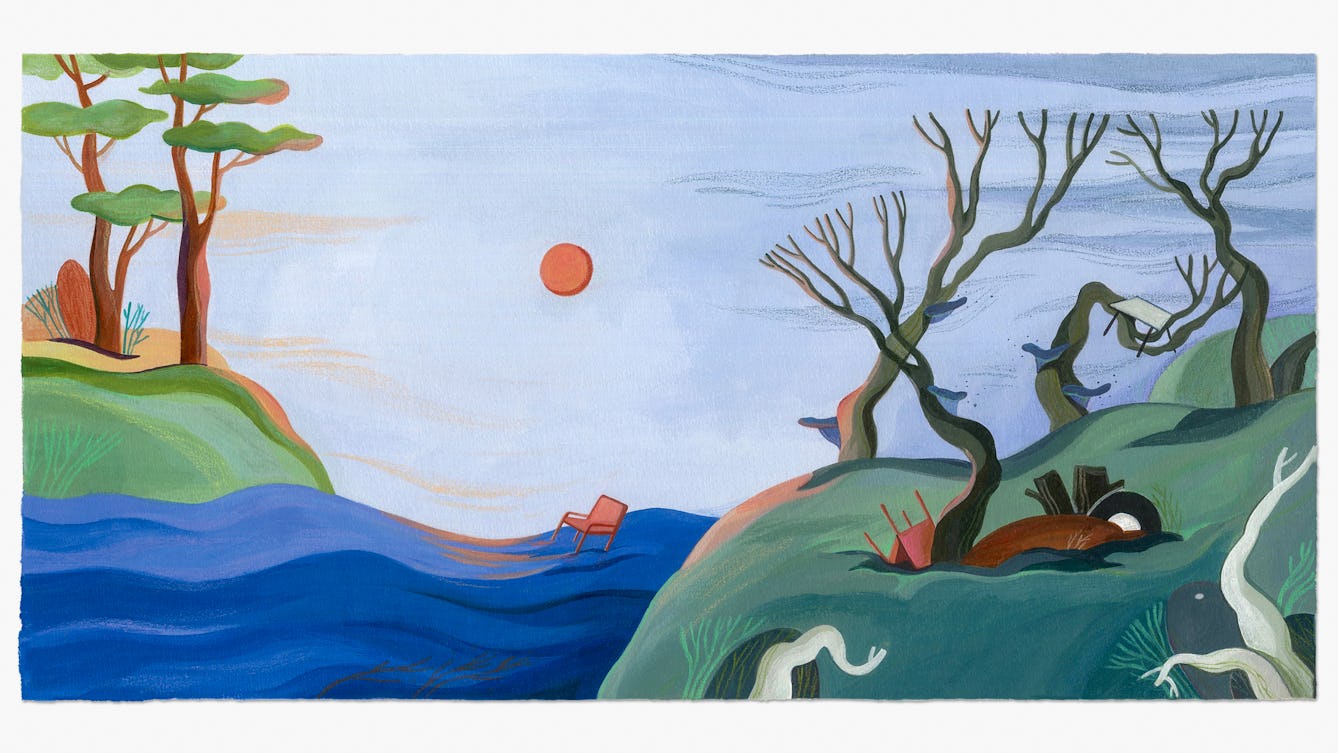
- Article
- Article
Delusional recycling and the problem with plastic
Many of us are guilty of wishful thinking when it comes to our rubbish. Arianne Shahvisi exposes shaky recycling infrastructure and overseas dumping, arguing for an end to waste colonialism.

- Article
- Article
How music opens the doors of memory and the mind
People living with dementia can often still listen, perform or move to music. What does this tell us about how memories are formed?